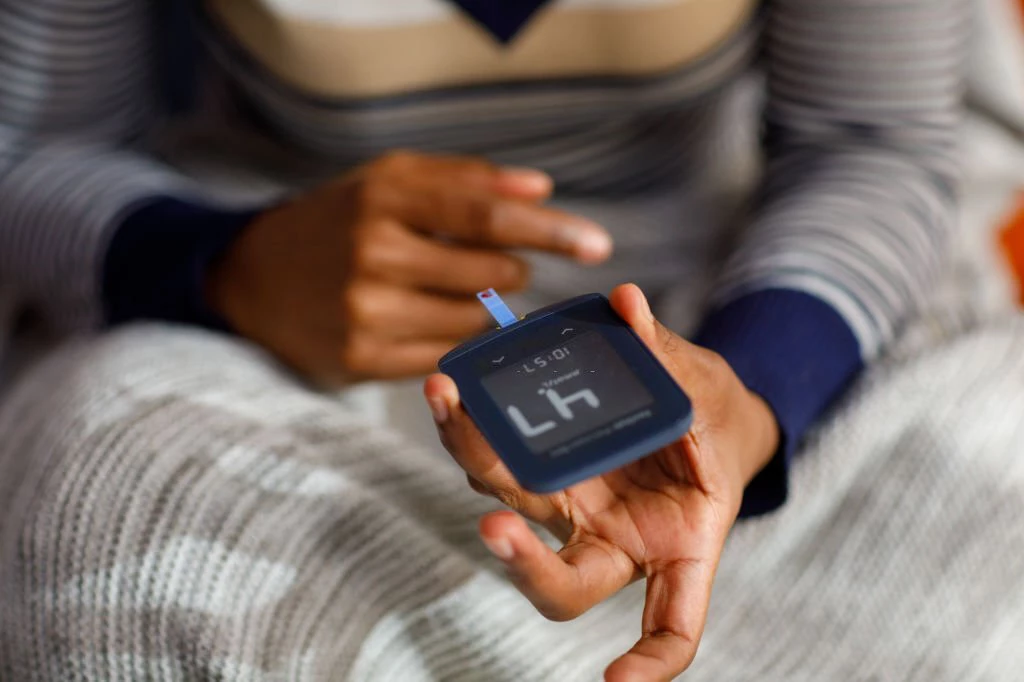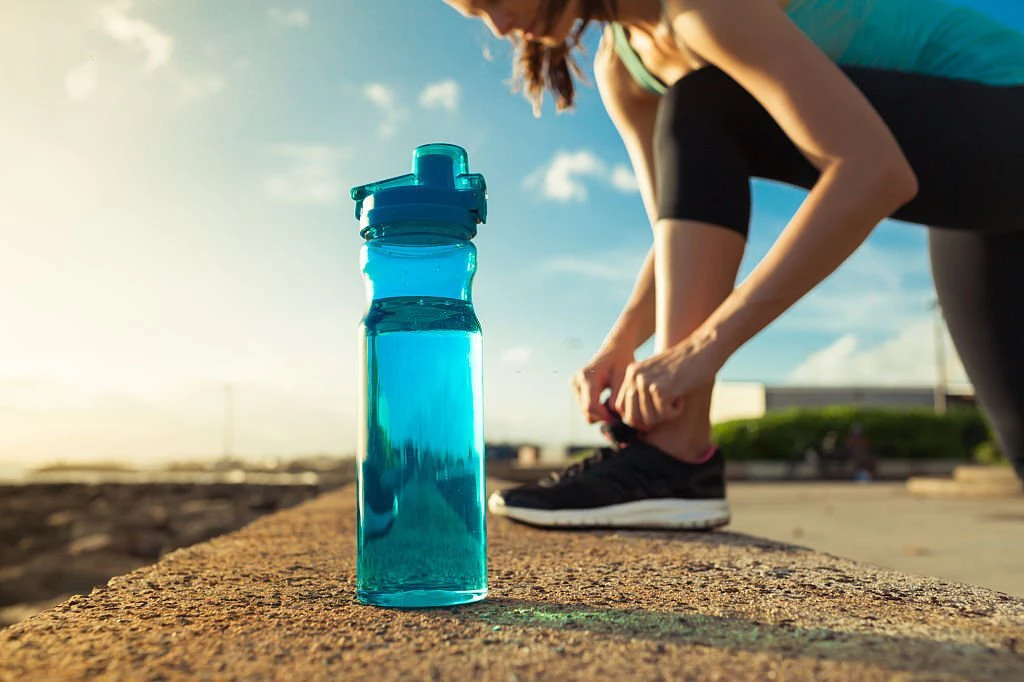As the seasons change and the temperature rises, summer brings unique challenges for those living with diabetes. The combination of hot weather, increased physical activities, changes in appetite, and potential dehydration can impact blood sugar control and overall well-being. However, that shouldn’t sentence you to a dull summer.
With proper knowledge and practical strategies, you can confidently manage your diabetes and make the most of your summer holiday.
Why is Managing Diabetes in Summer Challenging?
People with diabetes are more susceptible to dehydration because their bodies lose too much water. Dipping fluid levels in the body can raise your blood sugar and trigger a vicious cycle. High blood sugar increases the urge to urinate, worsening dehydration and raising blood sugar even higher.
Some diabetes complications can damage your blood vessels and impact your sweat glands’ ability to cool your body. That makes you susceptible to heat stroke and heat exhaustion.
High summer heat also alters the way your body uses insulin. Therefore, you may need to test your blood sugar more frequently, modify your insulin dose and watch what you eat and drink.
Summer heat can also affect your diabetes medication. Temperatures above 95 degrees Fahrenheit can degrade glucagon and insulin, rendering them ineffective and unusable. It also affects the efficacy of testing strips and monitoring devices.

6 Ways to Manage Diabetes During Summer
Managing diabetes in the summer heat calls for additional precautions and attention. Here are six tips to help you effectively manage diabetes and make the most of the summer holidays:
Stay Hydrated
Summer compounds the risk of dehydration because you’re likely to be more active or spend more time outdoors. The high temperatures accelerate fluid and electrolyte loss through excessive sweating.
If you don’t replenish the lost fluids by drinking enough water, it may lead to dehydration. If you’re dehydrated, the amount of glucose in your bloodstream increases, potentially elevating your blood sugar levels.
It’s vital that you up your daily water intake during summer. Ideally, you should sip water and other sugar-free drinks throughout the day. Don’t wait until you feel perched to have a drink. Set reminders on your phone so you don’t go for long spells without replenishing your fluids.
Protect Your Insulin and Medications
Extreme heat can damage the effectiveness of insulin and other diabetes medication. You should take extra storage precautions to keep them safe.
• Always store your insulin and medicine in a cool, dry place away from direct sunlight.
• Never leave them in hot cars, near windows, or in areas prone to temperature variations.
• Use a cooler bag or an insulated pouch specially designed for carrying medication when heading outdoors.
Monitor Your Blood Sugar Levels Closely
It’s advisable to test your blood sugar levels more often during summer. The high heat causes higher blood sugar fluctuations, so you can’t rely on your regular routine. Keeping tabs on your sugar levels lets you take quick corrective measures to stabilize them before they spin out of control.
Ideally, you should monitor them for several hours after a workout or physical activity. If you notice significant changes, consult your healthcare provider to help you adjust your diabetes management plan.

Watch What Your Eat
Summer activities often change eating patterns as there are more picnics, barbecues, and social gatherings. Such events often involve high-calorie, carbohydrate-rich foods and sugary beverages. Indulging in such food may lead to blood sugar spikes.
Don’t let the sumptuous offerings detract from the need to maintain a balanced and healthy diet. Practice portion control and fill a significant portion of your plate with non-starchy foods such as vegetables, salads, and fresh fruits. Pay attention to hunger and satiety cues and try as much to avoid overeating. Track your carbohydrate intake to ensure you don’t exceed the recommended amount.
Dress Appropriately
Your summer outfits impact your ability to keep your diabetes under control. Loose-fitting, lightweight, and breathable clothing made from natural fabrics such as cotton or linen is the best.
Natural fabrics have better breathability and help in body temperature regulation. They prevent overheating and minimize the discomfort associated with excessive sweating. Opt for light-colored clothing as they reflect the light away and reduce heat absorption, which minimizes the risk of overheating.
Always wear a wide-brimmed hat and apply a broad-spectrum sunscreen with an SPF of 30 or higher to areas with exposed skin to avoid sunburn. Sunburn can increase your body’s stress response and spike blood sugar levels.

Plan Your Day Wisely
Although an active lifestyle is crucial to managing diabetes, you don’t want to be outdoors during the hottest part of the day. Limit outdoor activities to before 10 a.m. and after 4 p.m. when temperatures aren’t as high. Staying in the shade for the better part of the day lowers blood sugar fluctuations associated with the summer heat. It minimizes the risk of excessive sweating that may lead to fluid loss and trigger a cascade of diabetes-related problems.
If you venture outdoors, be sure to carry an adequate water supply to help you replenish your fluid levels. Dress appropriately, bring your medication, and wear sunscreen.
Get the Best Diabetes Help
Managing diabetes can prove challenging and lower the quality of life. At United Metabolic Treatment Centers, we understand this can be frustrating. That’s why we offer a range of effective diabetes treatments to help minimize the impact of the conditions in your life. Our evidence-based therapies treat the root cause of the problem to help you lead a better, healthier and fulfilling life.
Don’t let diabetes control your life. Schedule a consultation and take charge of your health.


